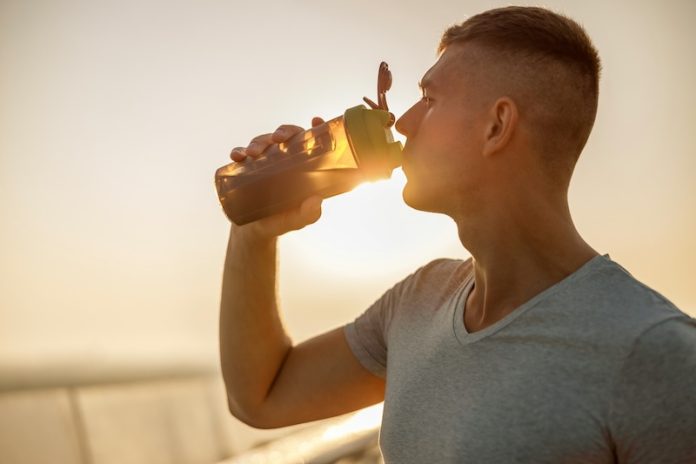
Our kidneys play a crucial role in keeping us healthy. They filter waste from the blood, help control blood pressure, balance fluids, and support bone health. Because they work so hard every day, it’s important to take care of them—and what we drink has a big effect. Some drinks can support kidney function, while others can put stress on these vital organs.
Thankfully, research shows that choosing the right drinks can help protect your kidneys and may even lower the risk of kidney disease.
The best drink for kidney health is simple: water. Drinking enough water helps the kidneys flush out toxins and keeps the urinary system working smoothly. Dehydration can make it harder for the kidneys to do their job and may lead to kidney stones or urinary tract infections.
A study in the journal Nephrology found that people who drank more fluids had a lower risk of developing chronic kidney disease. Most adults should aim for about 8 glasses of water a day, though this can vary depending on activity level, climate, and health conditions.
Another great choice is cranberry juice—especially when it’s 100% juice with no added sugar. Cranberries are known to help prevent urinary tract infections, which can harm the kidneys if not treated.
A review published in Advances in Nutrition found that cranberry products can lower the risk of repeated UTIs, particularly in women. However, people with kidney stones made of oxalate should be careful, as cranberries are high in oxalates, which can increase stone risk for some individuals.
Lemon water is also beneficial. Lemons contain citrate, which can help prevent kidney stones by stopping calcium from building up in the kidneys. Adding a few slices of lemon to water not only improves flavor but may also help protect against stone formation.
A small study published in the Journal of Urology found that people who drank lemonade daily had a lower rate of kidney stone recurrence compared to those who didn’t.
Herbal teas, such as dandelion tea, nettle tea, or ginger tea, may also support kidney health in moderate amounts. These teas have been used in traditional medicine to aid kidney function and reduce inflammation.
For example, dandelion has mild diuretic properties, which may help flush waste from the kidneys. However, not all herbal teas are safe, especially in large quantities. Some herbs can interact with medications or stress the kidneys, so it’s best to consult a doctor before starting new herbal drinks.
Milk and plant-based milk options, such as almond or oat milk, can be safe for people with healthy kidneys, especially when they are low in phosphorus and potassium.
For those with kidney disease, it’s important to choose milk alternatives that are kidney-friendly, as too much phosphorus or potassium can be harmful. A dietitian can help find the right option based on individual needs.
Drinks to avoid for kidney health include soda, especially dark-colored sodas, which contain phosphoric acid—a substance that may harm kidneys if consumed often. Sugary drinks like fruit punch, sweet tea, or energy drinks are also risky.
A study in Clinical Journal of the American Society of Nephrology found that people who drank more sugary beverages had a higher risk of developing kidney disease.
In short, staying hydrated with water is the best thing you can do for your kidneys. Adding lemon, choosing unsweetened cranberry juice occasionally, and enjoying herbal teas in moderation can also help.
Avoiding sugary and processed drinks protects your kidneys in the long run. Making simple drink choices today can go a long way in keeping your kidneys strong and healthy for life.
If you care about kidney health, please read studies about drug that prevents kidney failure in diabetes, and drinking coffee could help reduce risk of kidney injury.
For more information about kidney health, please see recent studies about foods that may prevent recurrence of kidney stones, and common painkillers may harm heart, kidneys and more.
Copyright © 2025 Knowridge Science Report. All rights reserved.



